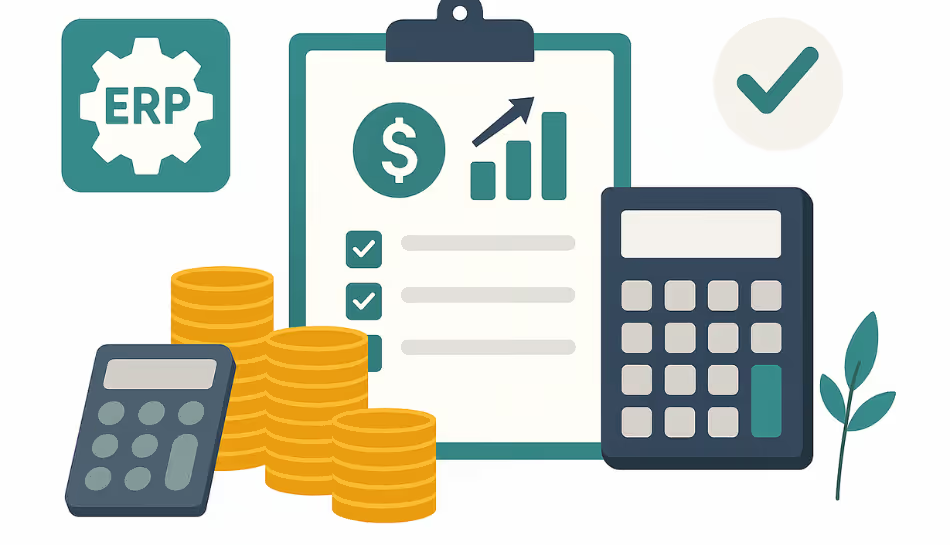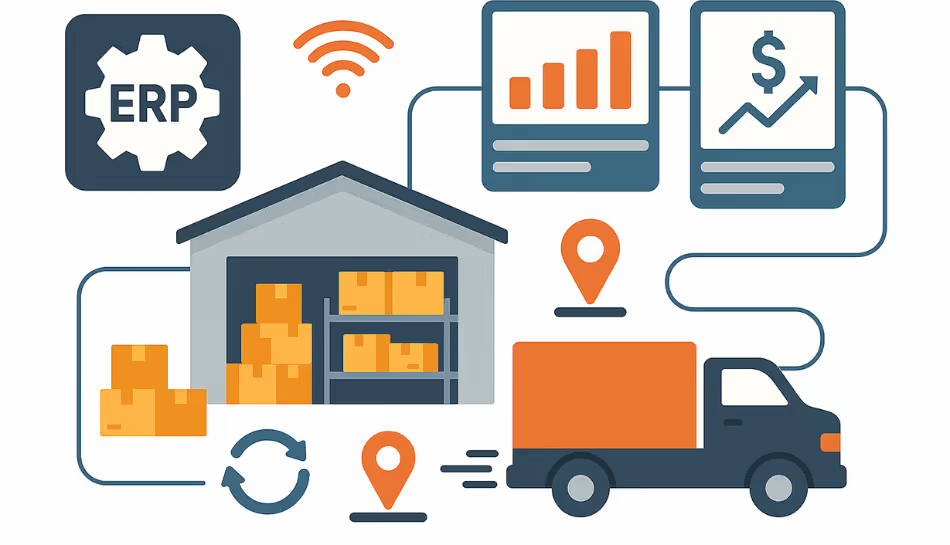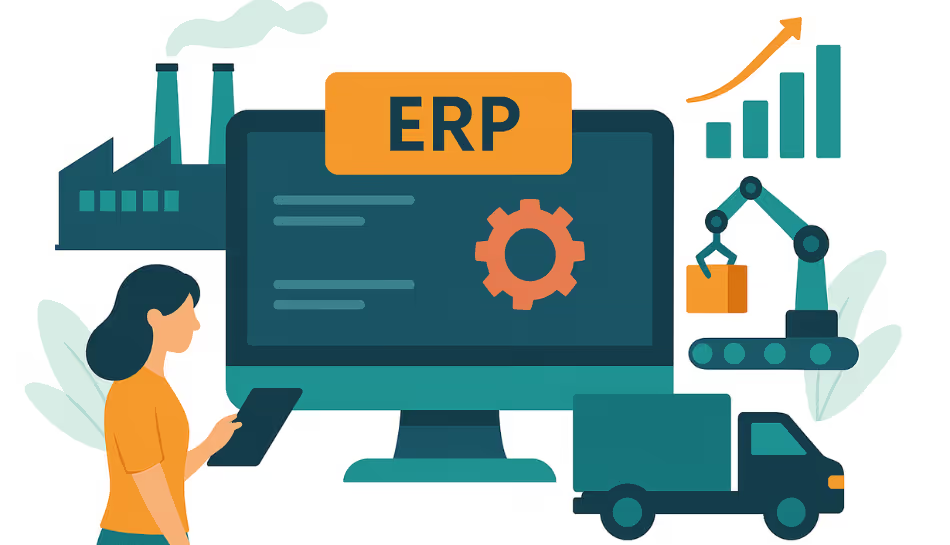In any business, finance is the backbone that holds everything together. From budgeting and billing to compliance and audits, every decision eventually shows up in the books. But managing finance and accounting manually or through disconnected systems can lead to errors, delays, and missed opportunities.
That’s why more companies are turning to ERP for accounting and financial management. A financial ERP system integrates all financial activities into one centralized platform, offering real-time data, better control, and strategic insights.
Let’s explore how ERP software for financial services is changing the way businesses manage money.
What Is Financial ERP?
A financial ERP (Enterprise Resource Planning) system is a software platform that manages and automates your company’s core financial tasks, including:
- General ledger
- Accounts payable and receivable
- Budgeting and forecasting
- Taxation and compliance
- Bank reconciliations
- Financial reporting
Unlike basic accounting tools, financial management ERP software connects your finance department with other departments like sales, inventory, HR, and procurement. This integration helps eliminate silos and gives your team a complete picture of business performance.
Top Benefits of ERP for Finance and Accounting
1. Centralized Financial Data
One of the biggest advantages of financial accounting ERP systems is that all your financial data is stored in one place. No more switching between Excel sheets, accounting apps, and emails. With ERP:
- All transactions are automatically recorded
- Real-time financial statements are just a click away
- Everyone works with the same up-to-date data
This reduces confusion, eliminates duplicates, and improves accuracy.
2. Faster and More Accurate Reporting
Preparing financial statements, audit reports, or tax filings manually can take days. With finance ERP software, you can generate:
- Balance sheets
- Profit and loss statements
- Cash flow reports
- Tax summaries
...all in real-time and with fewer errors.
This is particularly useful during audits, board meetings, or compliance reviews, helping you save time and reduce stress.
3. Improved Compliance and Risk Management
Every business must follow local tax laws, labor regulations, and financial reporting standards. ERP systems ensure compliance by:
- Applying rules automatically during transactions
- Keeping records audit-ready
- Managing multi-GST, TDS, and other statutory needs
For financial institutions, ERP software for financial services also helps manage risk and maintain regulatory frameworks.
4. Automation of Routine Tasks
Manual data entry is slow, error-prone, and a poor use of your finance team’s time. A finance system software automates:
- Invoicing and payment reminders
- Journal entries and bank reconciliations
- Vendor payments and customer billing
- Tax calculations and returns
This lets your team focus on strategy instead of spreadsheets.
5. Better Budgeting and Forecasting
A strong financial management ERP module uses real-time data to improve your financial planning. You can:
- Set and monitor budgets
- Forecast cash flow and expenses
- Track deviations from targets
This helps you stay proactive and make better investment decisions.
6. Scalability for Growing Businesses
Whether you’re a startup or an enterprise, ERP scales with your growth. You can start with core financial modules and add more as you grow, like CRM, inventory, or HR.
Companies in finance-heavy sectors benefit from FAS ERP (Financial Accounting Systems) like Bigsun’s Dawn, which are specifically built for detailed, real-time financial control.
7. Integration Across Departments
With ERP, accounting is no longer isolated. Sales orders trigger invoices automatically. Purchase orders update budgets. Payroll feeds into financial statements.
This seamless flow means fewer delays and better alignment between teams.
Final Thoughts
In today’s competitive world, relying on manual finance tools is like trying to steer a ship with outdated maps. A modern financial ERP system gives you the real-time insight, automation, and control you need to run a leaner, more profitable business.
Whether you're looking to reduce errors, prepare for audits, or simply save time, the benefits of ERP for accounting and financial management are too valuable to ignore.



